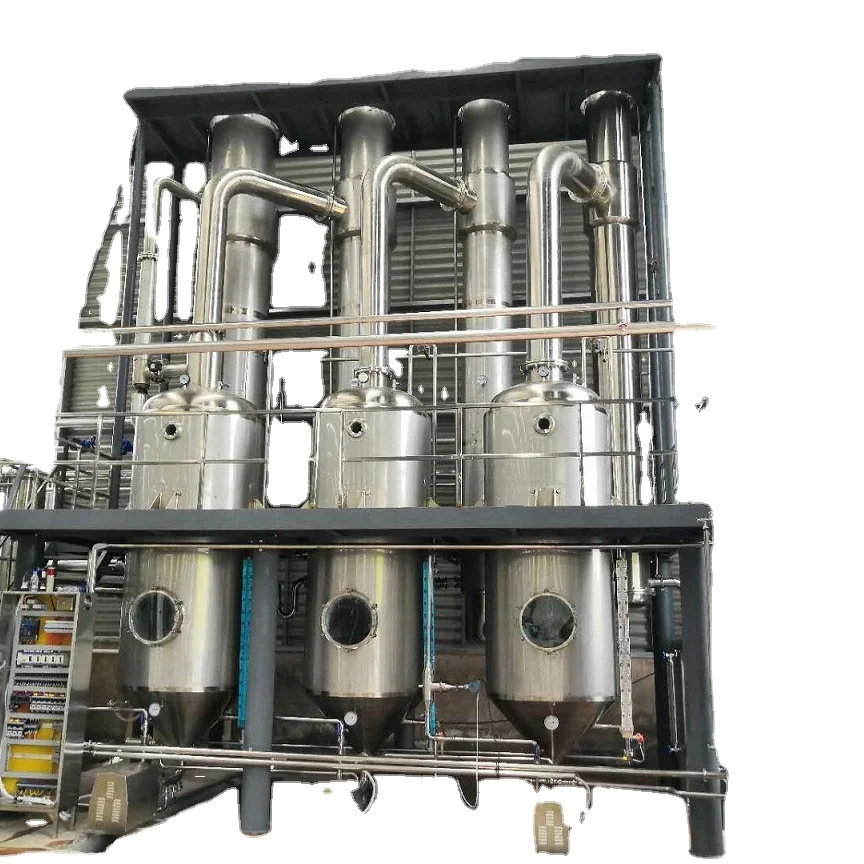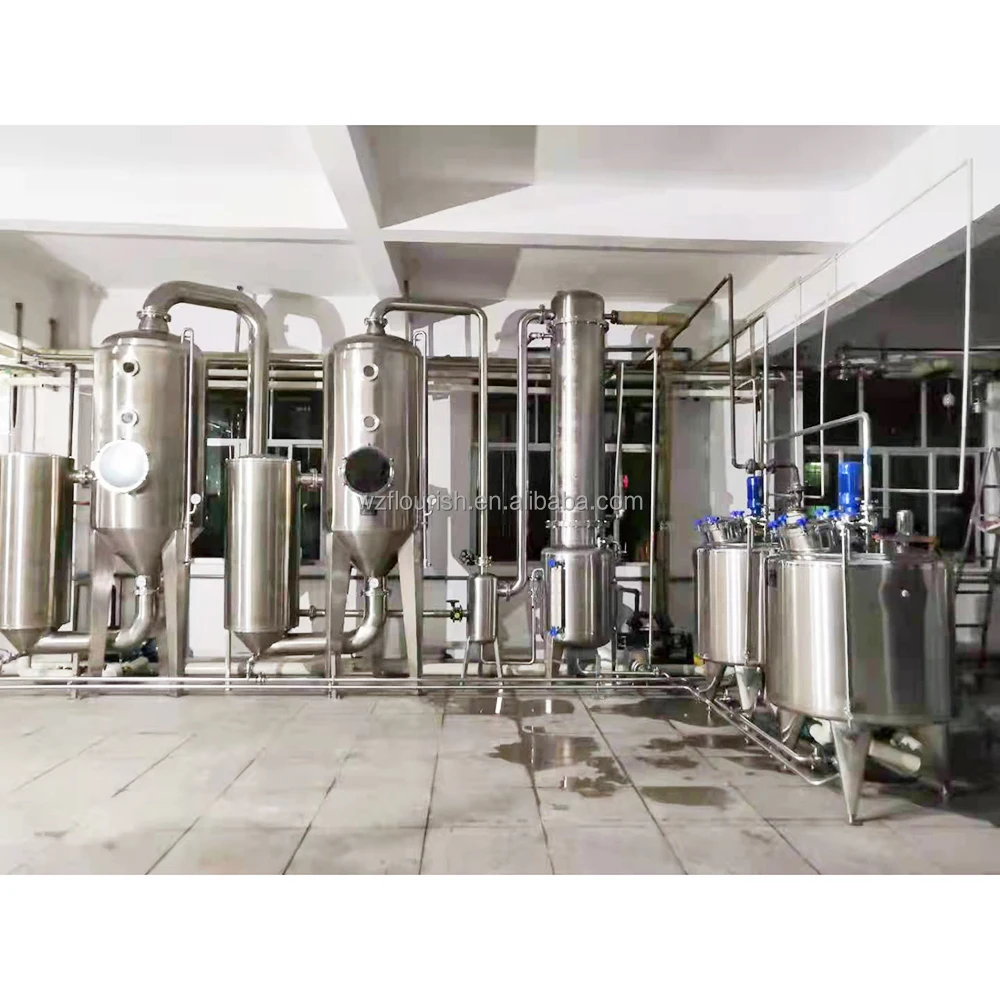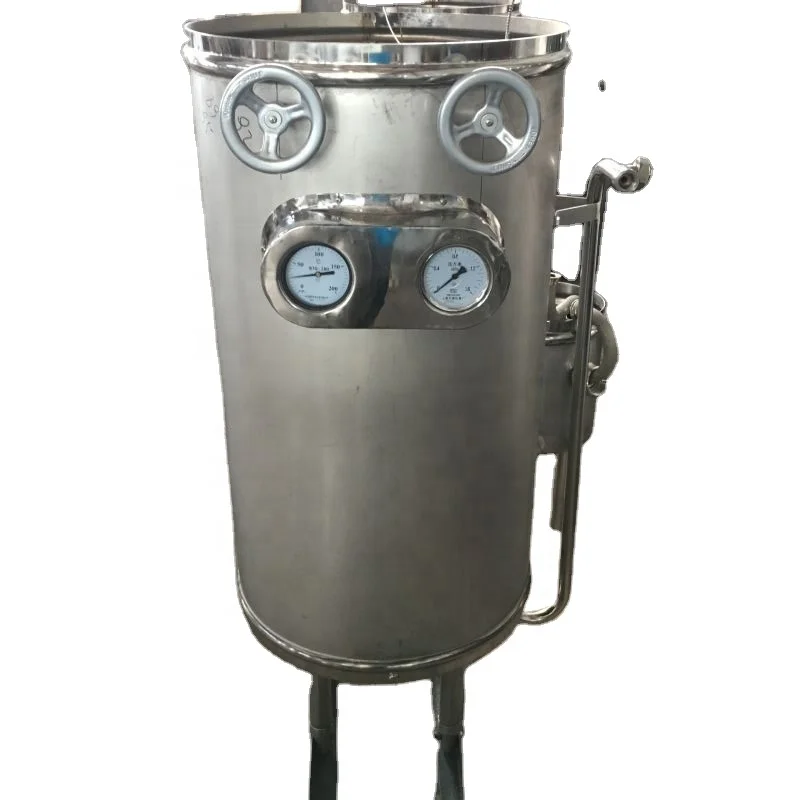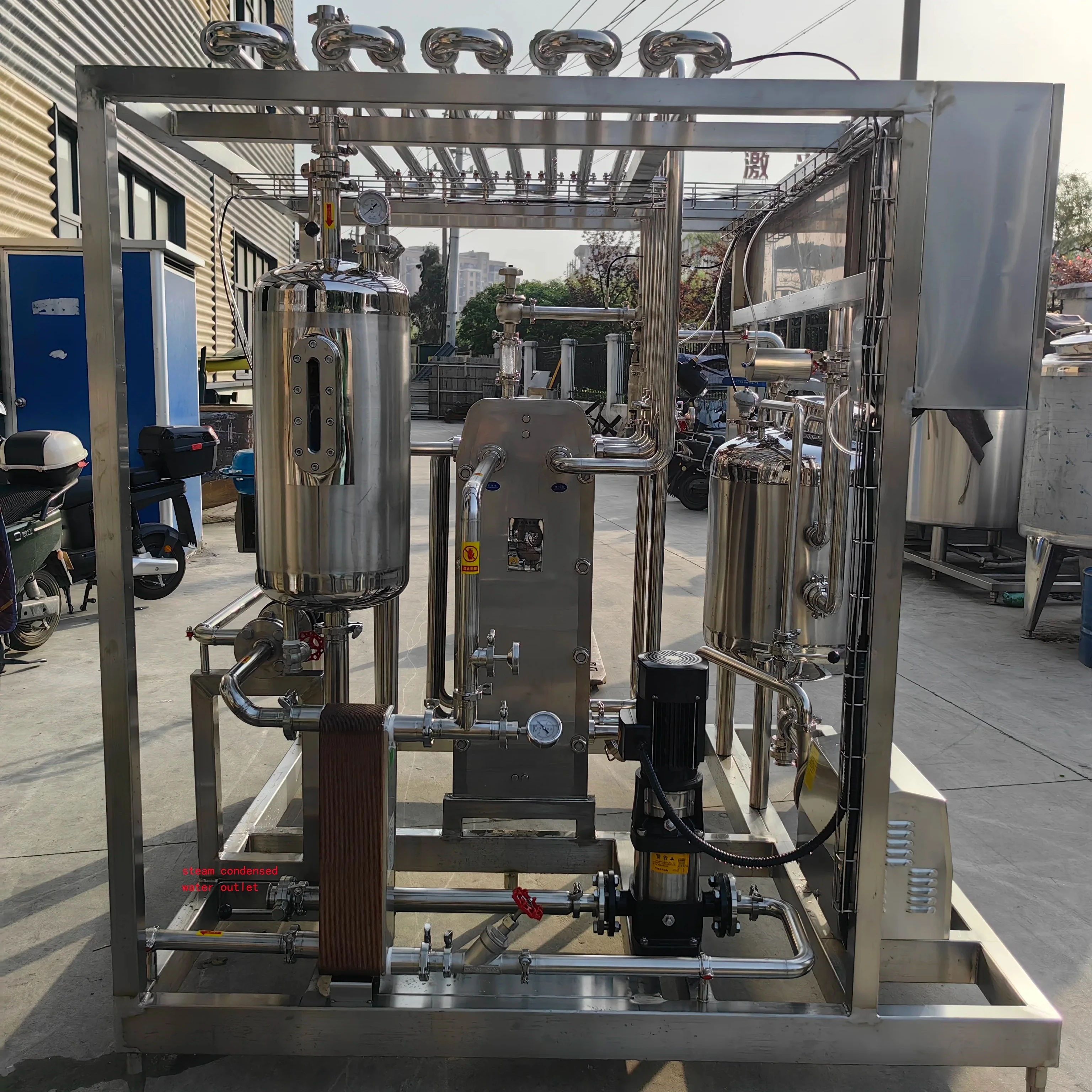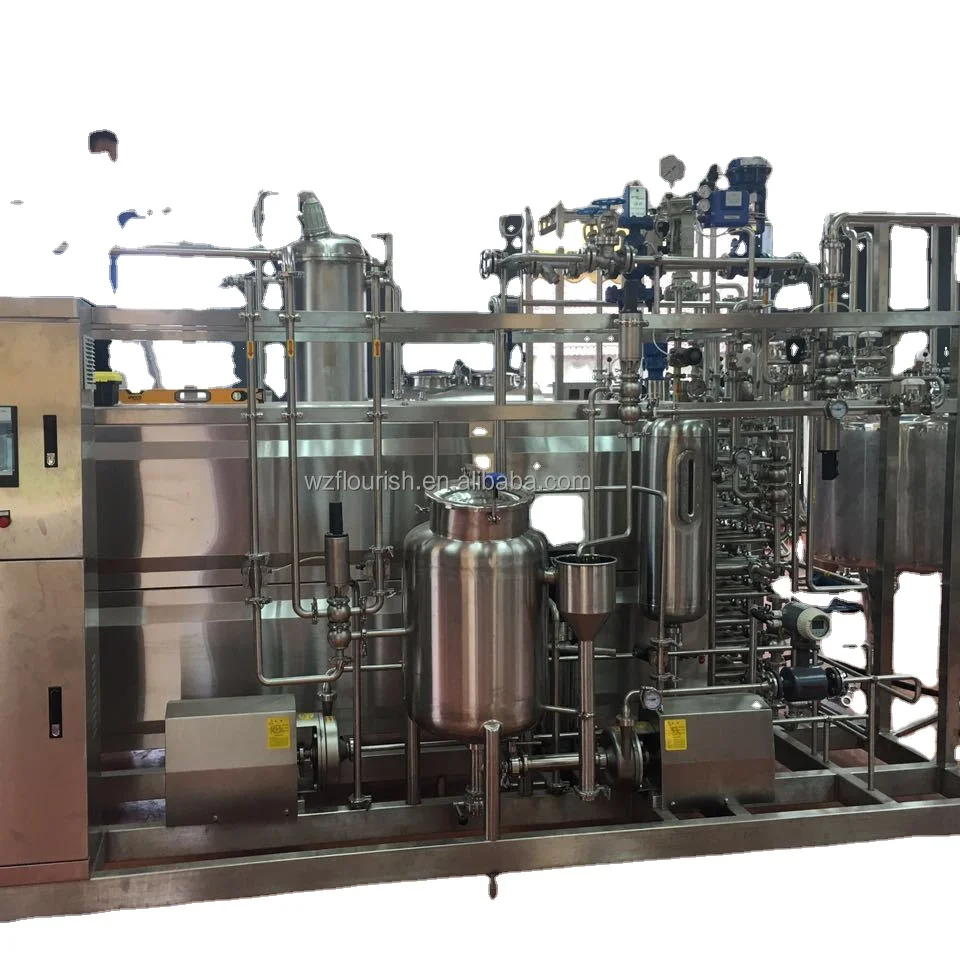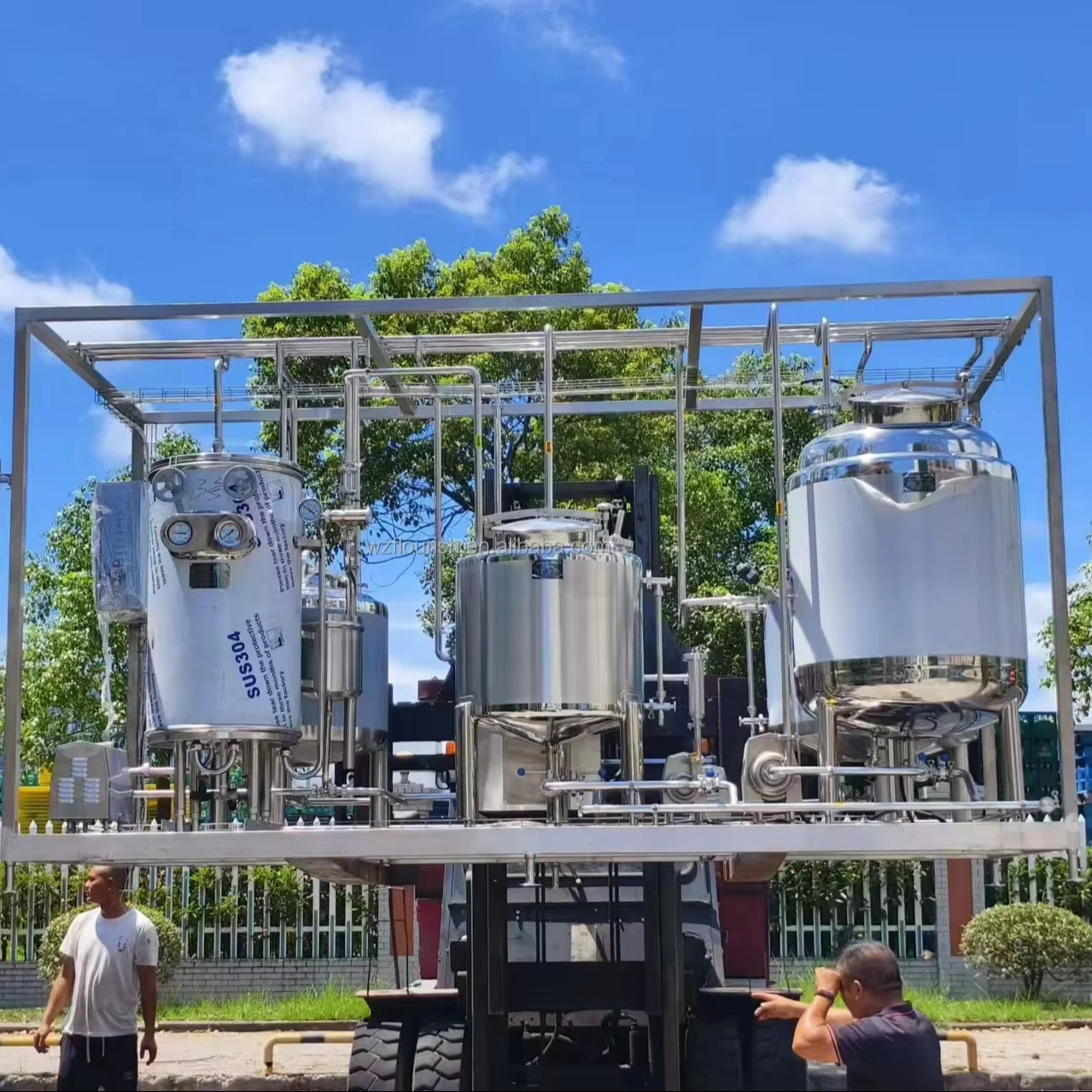ABOUT
Wenzhou Vince Machinery Science Co., Ltd. was established in early 1980s. Our company covers an area of 6500 square meters and is an independent legal representative firm, possessing rich economic technology strength. Our company is a high tech enterprise and plays an important role in national dairy, foodstuff, pharmacy and machinery industries. We are a beverage machinery supplier.
Since the establishment, our company has mainly engaged in dairy products, foodstuff, beverage machinery, bean products, yellow wine, medicines and fermentation projects. What's more, our company supplies a complete sequence services in manufacturing, installation, test and personnel train, as well as the whole direction service design and consulting service on product project construction or enlargement artistic distribution engineering sets budget.
PRODUCTS
Understanding the Principles of Juice Evaporation
The Basics of Evaporation
Evaporation is a fundamental physical phenomenon involving the transition of a liquid into a vapor. In juice evaporation, heat is applied to the juice, increasing the kinetic energy of the water molecules. This energy allows the water molecules to overcome the intermolecular forces holding them together in the liquid phase, allowing them to escape as vapor. The vapor is then collected and condensed, resulting in a concentrated juice product.
Evaporation Techniques
Various techniques are employed for juice evaporation, each with its own advantages and disadvantages. One common method is **single-effect evaporation**, where the juice is heated in a single evaporator vessel. This process is relatively simple but can be energy-intensive. Another approach is **multiple-effect evaporation**, which utilizes multiple evaporators connected in series. Steam from the first evaporator heats the juice in the second, and so on, improving energy efficiency. **Vacuum evaporation** is another technique that lowers the boiling point of the juice by reducing the pressure, further enhancing energy efficiency and minimizing thermal degradation.
Factors Influencing Evaporation
The efficiency and quality of juice evaporation are influenced by several factors, including:
Temperature
Higher temperatures accelerate evaporation but also increase the risk of thermal degradation of juice components like vitamins, flavors, and color pigments. Careful temperature control is essential to strike a balance between evaporation speed and quality preservation.
Pressure
Reduced pressure lowers the boiling point of the juice, facilitating evaporation at lower temperatures. This is particularly advantageous for sensitive juices prone to degradation at high temperatures.
Juice Composition
The sugar content and other dissolved solids in the juice affect its boiling point and viscosity, impacting evaporation rate. Higher sugar content generally increases boiling point, while higher viscosity can hinder heat transfer.
Heat Transfer
Efficient heat transfer is critical for rapid evaporation. The design of the evaporator, including the surface area for heat exchange and the flow pattern of the juice, significantly influence heat transfer efficiency.
Importance of Understanding Evaporation Principles
Understanding the principles of juice evaporation is essential for several reasons:
- **Optimizing Energy Efficiency**: Applying appropriate evaporation techniques and controlling factors like temperature and pressure can significantly improve energy utilization, reducing production costs.
- **Preserving Juice Quality**: By carefully managing evaporation parameters, it is possible to minimize thermal degradation, preserving the nutritional value, color, flavor, and aroma of the juice.
- **Ensuring Safety**: Proper control of evaporation conditions is crucial to prevent the formation of potentially harmful compounds during the process.
In conclusion, understanding the principles of juice evaporation is crucial for optimizing the process, preserving juice quality, and ensuring safe production. By carefully considering the various factors involved, food processors can effectively convert fresh juice into concentrated forms while maintaining its desired characteristics.
SUBSCRIBE
INQUIRY

